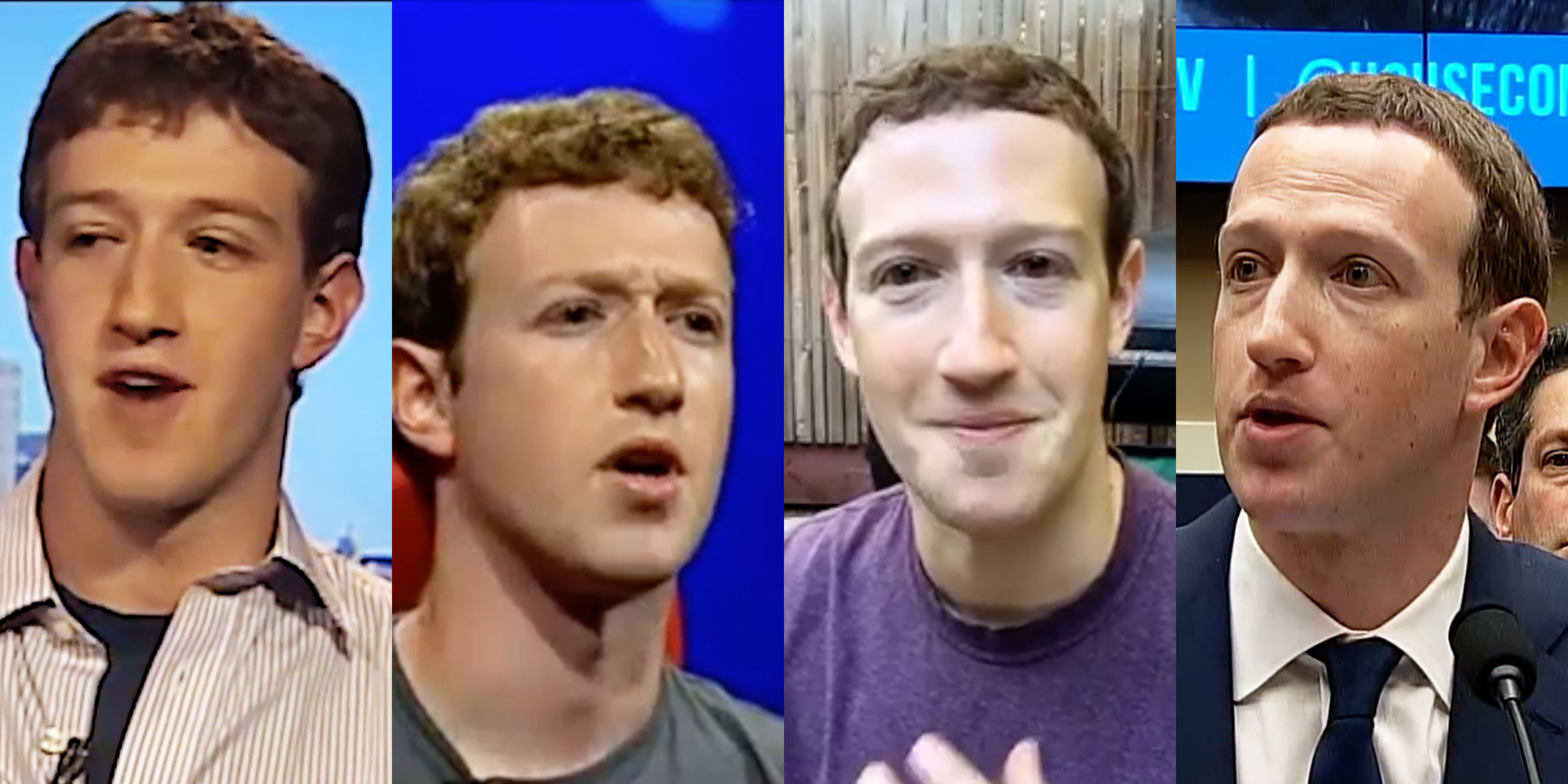Ben Grosser
Despite their lofty mission statements, today’s big social media platforms are centrally focused on one singular concept: more. These capitalistic software machines are designed to stoke a pervasive and ever-increasing cycle of production and consumption for the purposes of growth and profit. To accomplish this they leverage data and scale to produce signals and interface patterns that keep us engaged, promising connection and joy in exchange for increasing shares of our time and attention. The platforms embed within us the idea that our own sociality is best evaluated and understood through quantity. They reconfigure our sense of time in ways that can make minutes or hours ago seem old. And their personalized feeds teach our brains that the only content worth watching or reading is that which we can already imagine. In its tireless pursuit of users and data and wealth, big social media sacrifices human agency and potential on the altar of more.
But what if social media wasn’t engineered to serve capitalism’s need for growth? How might online collective communication be different if our time and attention were treated as the limited and precious resources that they are? Minus is an experiment to ask these questions, a finite social network where users get only 100 posts—for life. Rather than the algorithmic feeds, visible “like” counts, noisy notifications, and infinite scrolls employed by the platforms to induce endless user engagement, Minus limits how much one posts to the feed, and foregrounds—as its only visible and dwindling metric—how few opportunities they have left. Instead of preying on our needs for communication and connection in order to transform them into desires for speed and accumulation, Minus offers an opportunity to reimagine what it means to be connected in the contemporary age. The work facilitates conversation within a subtractive frame that eschews the noise and frenzy for a quieter and slower setting that foregrounds human voices, words, and temporalities. Though it may be disorienting at first to navigate an online social space devoid of the signals and patterns Silicon Valley uses to always push for more, Minus invites us to see what digital interaction feels like when a social media platform is designed for less.
Ben Grosser creates interactive experiences, machines, and systems that examine the cultural, social, and political effects of software. Exhibition venues include Eyebeam in New York, Somerset House and the Barbican Centre in London, Centre Pompidou in Paris, SXSW in Austin, Museum of Modern Art in Moscow, World Museum in Liverpool, Museu das Comunicações in Lisbon, Museum Kesselhaus in Berlin, Science Gallery in Dublin, Japan Media Arts Festival in Tokyo, IMPAKT Festival in Utrecht, and the Digital Arts Festival in Athens. His works have been featured in The New Yorker, Wired, The Atlantic, The Washington Post, The Los Angeles Times, PBS, Fast Company, Hyperallergic, BBC, The Telegraph, Le Monde, Corriere della Sera, Der Spiegel, El País, and Folha. The Guardian (UK), writing about his recent film ORDER OF MAGNITUDE, said “there will be few more telling artworks [from] the first decades of this century … a mesmerising monologue, the story of our times.” Speaking about his social media-focused projects, RTÉ (Ireland) described Grosser as an “antipreneur.” Slate referred to his work as “creative civil disobedience in the digital age.” Grosser’s artworks are regularly cited in books investigating the cultural effects of technology, including The Age of Surveillance Capitalism, The Metainterface, and Investigative Aesthetics, as well as volumes centered on computational art practices such as Electronic Literature, The New Aesthetic and Art, and Digital Art. Grosser is an associate professor of new media in the School of Art + Design and co-founder of the Critical Technology Studies Lab at the National Center for Supercomputing Applications, both at the University of Illinois at Urbana-Champaign, USA. https://bengrosser.com



